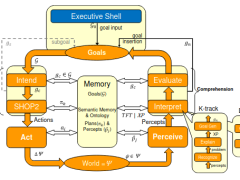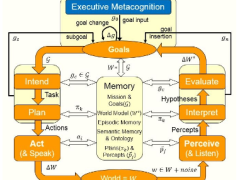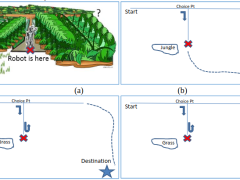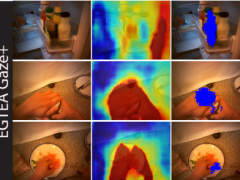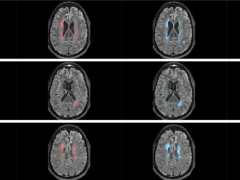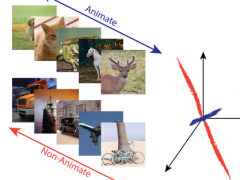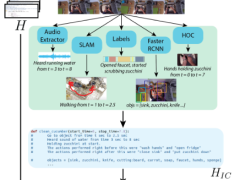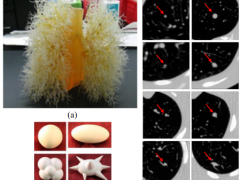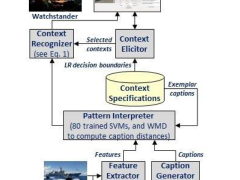Author: admin
-
Goal-Driven Autonomy in Dynamic Environments
Dynamic environments are complex and change in often unexpected ways. Given such an environment, many autonomous agents have difficulty when the world does not cooperate with design assumptions. We present...
-
Data-Driven Goal Generation for Integrated Cognitive Systems
We describe our Meta-cognitive, Integrated, Dual-Cycle Architecture (MIDCA), whose purpose is to provide agents with a greater capacity for acting in an open world and dealing with unexpected events. We...
-
The Integration of Cognitive and MetacognitiveProcesses with Data-driven and Knowledge-rich Structures
This paper examines computational relationships between mind and body and distinguishes thinking about the world from thinking about thinking. The discussion is grounded within the framework of a preliminary computational...
-
Forecasting Action through Contact Representations from First Person Video
Human actions involving hand manipulations are structured according to the making and breaking of hand-object contact, and human visual understanding of action is reliant on anticipation of contact as is...
-
Multiple Sclerosis Lesion Segmentation on 7T MRI: A U-Net Tool and Evaluation
The recent introduction of 7T MRI to multiple sclerosis has improved characterization of lesional pathology, particularly through increased resolution. However, due to unique signal characteristics and scanner artifacts, existing methods...
-
Mid-Vision Feedback for Convolutional Neural Networks
Feedback plays a prominent role in biological vision, where perception is modulated based on agents’ continuous interactions with the world, and evolving expectations and world model. We introduce a novel...
-
LEAP: LLM-Generation of Egocentric Action Programs
We introduce LEAP (illustrated in Figure 1), a novel method for generating video-grounded action programs through use of a Large Language Model (LLM). These action programs represent the motoric, perceptual,...
-
Training CADe algorithms with synthetic datasets: augmenting clinical data for improved lung nodule detection
Synthetic datasets hold the potential to serve as cost-effective alternatives to clinical data, potentially aiding in mitigating the biases in clinical data. This paper presents a novel method that utilizes...
-
Exploring synthetic datasets for computer-aided detection: a case study using phantom scan data for enhanced lung nodule false positive reduction
Synthetic datasets hold the potential to offer cost-effective alternatives to clinical data, ensuring privacy protections and potentially addressing biases in clinical data. We present a method leveraging such datasets to...
-
Image Surveillance Assistant Architecture: Status and Planned Extensions
We describe our research on integrating deep learning with artificial intelligence techniques in the context of an imagery surveillance prototype designed to automatically identify imagery of interest to a user....
